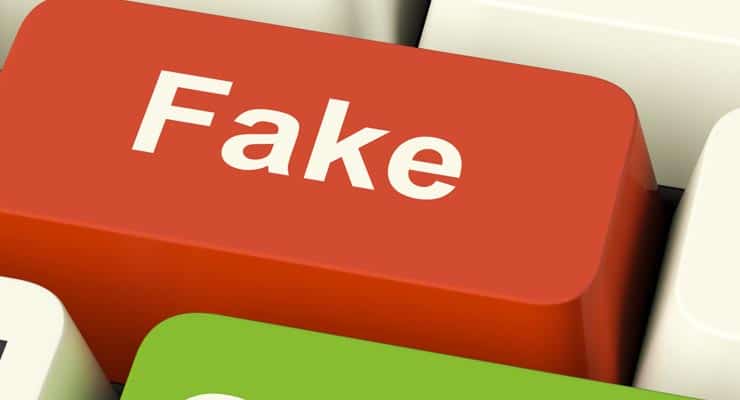Has the term “fake news” lost its way?
It was in early 2014 when we saw a noticeable shift in the type questions being thrown our way. As a site that debunks Internet hoaxes, we were used to fielding questions related to the latest faux “virus alert”, or the latest chain letter asking you to “copy and paste this to your status”.
And of course we were still reassuring people on a daily basis that Facebook wasn’t about to start charging users.
But we were beginning to get more links sent to us querying websites like NationalReport.net, Huzlers.com and WorldNewsDailyReport.com. These sites were among the first to prolifically use the [now] popular business model of publishing complete nonsense in the guise of news items. Their stories would be complete fiction, but because they were presented in such a way to look like your typical online news article, just balancing on the cusp of believability, they were frequently taken at face value and shared on social media.
Of course fake news had been around in one guise or another long before these sites popped up, but sites like NationalReport.net turned fake news into an immensely popular business model; trick thousands of users with fake, clickbait headlines and cash in on the on-page ad revenue. With many of these sites accumulating hundreds of thousands of views, those behind these sites were making lots of money indeed.
Sponsored Content. Continued below...
From there, sites using this business model surged in numbers. Individuals such as the late Paul Horner would operate dozens of fake news websites at any one time, many designed to appear like well-known news organisations to help them fool readers. Many sites would hide their true intentions on hard-to-locate disclaimer pages, stating that the content was “satirical” or purely for entertainment purposes. Of course most readers had little chance of reading such disclaimers. Other sites would just create fiction to promote an agenda or ideology.
This type of “fake news” grew in popularity, quickly, peaking during the 2016 presidential election with many fake news articles accumulating more social media action than their legitimate counterparts. Hundreds of websites churned out hundreds of hokum articles every day, all vying for that all important Internet traffic.
That was what the term “fake news” used to mean. Now, the term is more confused. And yes, that is largely thanks to the man who perhaps most frequently parroted the term, Donald Trump. The turning point for “fake news” may have been when the then-newly sworn in US president – in front of the world’s media – denounced CNN as fake news live on air. Yes, he had used the term before, but now the phrase was making headlines across the world, in a context that was far removed from its original usage.
Now, fake news was taking on a different meaning, and a different context; an insult thrown at organisations or individuals you didn’t like, or to describe news that you didn’t agree with. Those with right-leaning political persuasions threw the term at news outlets they deemed liberal, and those on the left threw the term at outlets they deemed conservative media. Echoed across the world, “fake news” had become merely a trending smear, a derogatory slur aimed towards those we wanted to criticize and ridicule.
Sponsored Content. Continued below...
If accusations were to be believed, all media had become “fake news”, and the term soon drifted away from those sites that were originally responsible for its conception.
And as a result, the term “fake news” doesn’t really mean anything at all. If every person or organisation has been at the business end of a “fake news” accusation, then does it really carry any more weight than any other idle insult? Has it become the modern day equivalent of “liar, liar pants on fire“?
While those on either side of whatever spectrum continue to throw the term “fake news” at the opposing side, we may need another term to describe sites like WorldNewsDailyReport. Perhaps one that is more difficult to hijack.
If you have any ideas, let us know.
Continued below...
Thanks for reading, we hope this article helped, but before you leave us for greener pastures, please help us out.
We're hoping to be totally ad-free by 2025 - after all, no one likes online adverts, and all they do is get in the way and slow everything down. But of course we still have fees and costs to pay, so please, please consider becoming a Facebook supporter! It costs only 0.99p (~$1.30) a month (you can stop at any time) and ensures we can still keep posting Cybersecurity themed content to help keep our communities safe and scam-free. You can subscribe here
Remember, we're active on social media - so follow us on Facebook, Bluesky, Instagram and X
